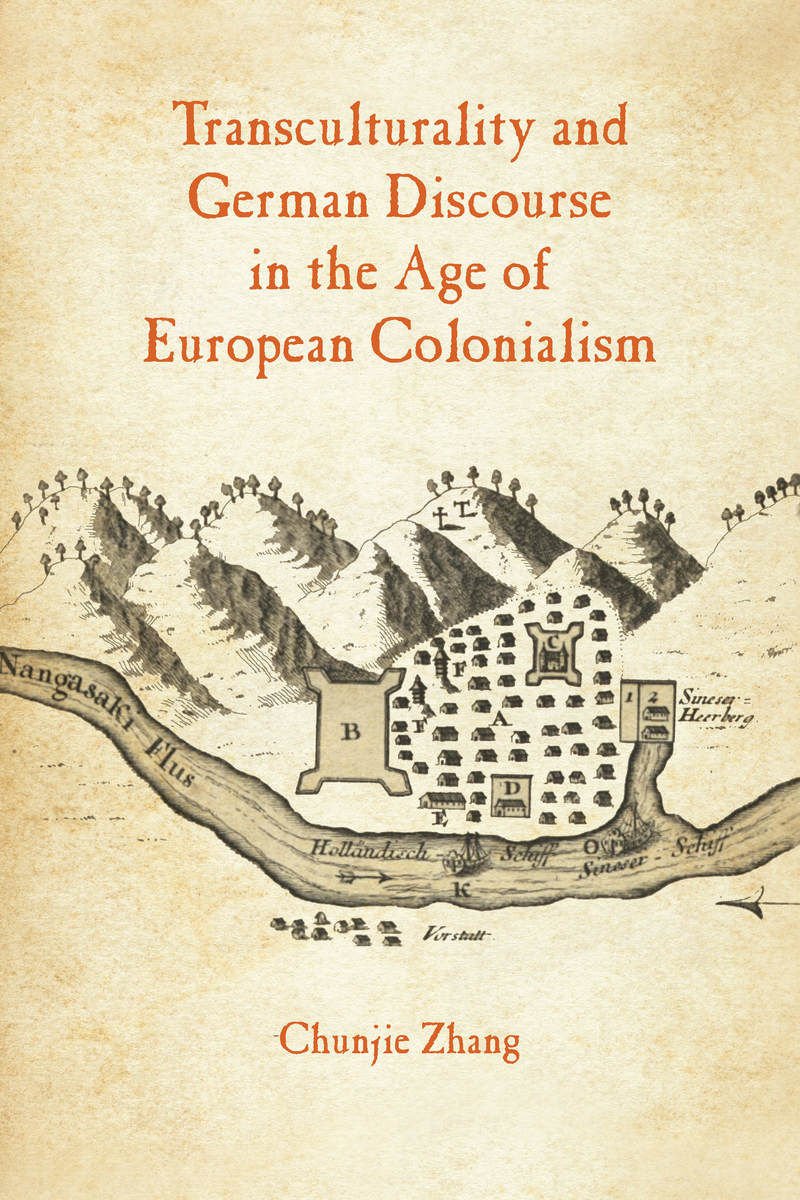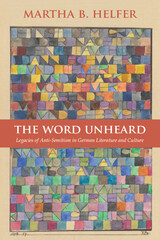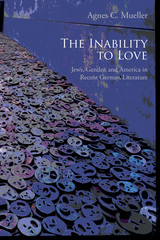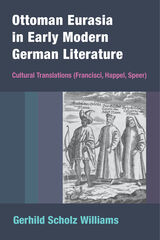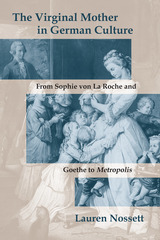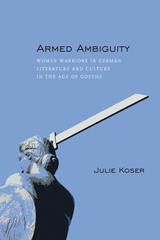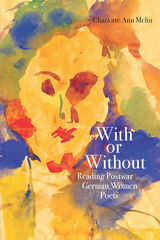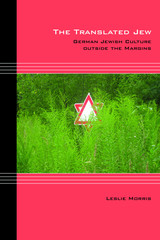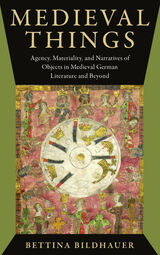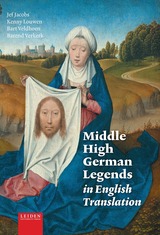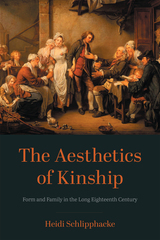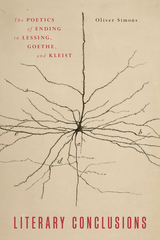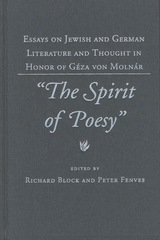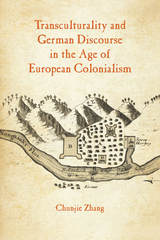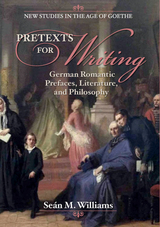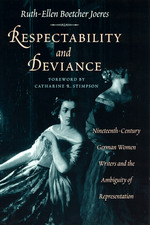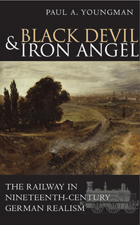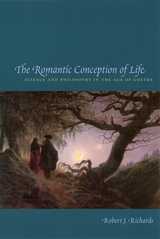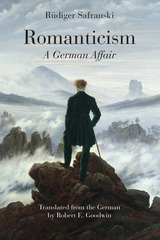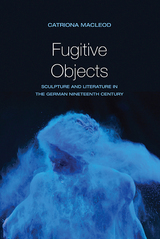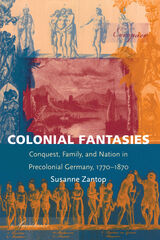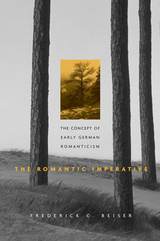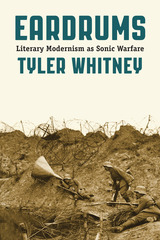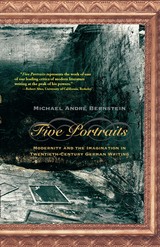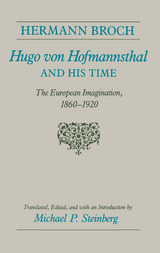Transculturality and German Discourse in the Age of European Colonialism
Northwestern University Press, 2017
Cloth: 978-0-8101-3478-2 | eISBN: 978-0-8101-3479-9 | Paper: 978-0-8101-3477-5
Library of Congress Classification PT289.Z43 2017
Dewey Decimal Classification 830.93209033
Cloth: 978-0-8101-3478-2 | eISBN: 978-0-8101-3479-9 | Paper: 978-0-8101-3477-5
Library of Congress Classification PT289.Z43 2017
Dewey Decimal Classification 830.93209033
ABOUT THIS BOOK | AUTHOR BIOGRAPHY | REVIEWS | TOC | REQUEST ACCESSIBLE FILE
ABOUT THIS BOOK
In Transculturality and German Discourse in the Age of European Colonialism, Chunjie Zhang examines the South Pacific travel writings of George Forster and Adelbert von Chamisso, literary works by August von Kotzebue and Johann Joachim Campe, Herder’s philosophy of history, and Kant’s theory of geography from the perspective of non-European impact during the age of Europe’s colonial expansion. She explores what these texts show about German and European superiority, the critique of the slave trade, European moral debauchery, acknowledgments of non-European cultural achievements, and sympathy with colonized peoples. Moving beyond the question of empire versus enlightenment, Zhang’s book diligently detects global connections, offering much to scholars of literature, culture, and intellectual history.
See other books on: 1724-1804 | German | German literature | Kant, Immanuel | Oceania
See other titles from Northwestern University Press
